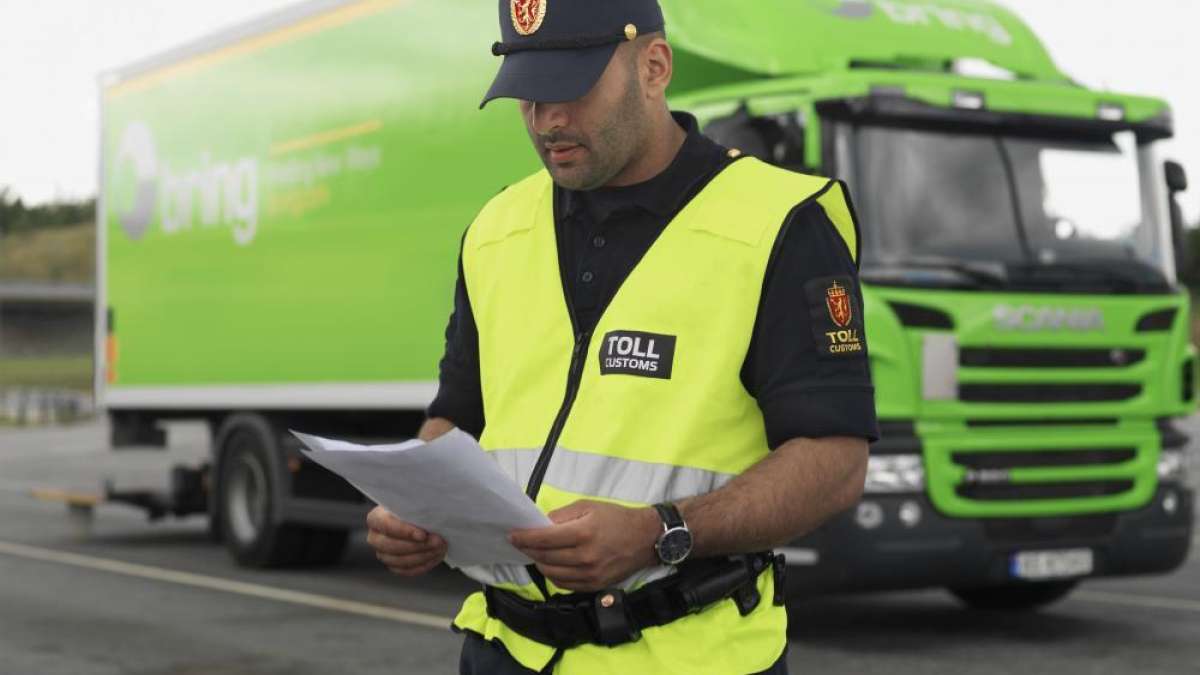1. Have detailed information about your goods available
Be sure to enter detailed information about your goods, whether you use a commercial or proforma invoice. Deficient invoice information can have consequences for your cross-border transport. Click here for details of the difference between a proforma and a commercial invoice, or how to fill them out.
2. Find the correct commodity code for the correct calculation of import duties in the recipient country
Please note that all goods for export or import must have a commodity code. A commodity code consists of eight digits, of which the first six digits are international. This means that the first six digits in a commodity code on a foreign invoice in principle should be identical to the first six digits of the Norwegian Customs Tariff.
Example of a commodity code:
61.09.1000 – t-shirts of cotton
The customs tariff number specifies the import duties to be collected for the individual goods. Read more about customs tariff numbers.
If you are in doubt as to which customs tariff numbers should be used for your items, contact the Norwegian Customs’ info centre. A binding classification can also be applied for.
3. Check whether your goods may be subject to prohibitions and restrictions
Before importing any goods, you should check whether they are subject to any restrictions or prohibitions. Restrictions may either mean that you must apply for a permit before you import the goods, or that special conditions apply to the import of the goods. Here, you will find an overview of imported goods that are subject to prohibitions or restrictions.
Goods exported from Norway may also be subject to prohibitions and restrictions. Fish products, cultural monuments and weapons are examples of goods that are subject to special conditions. You can find typical export goods that are subject to restrictions here.
Special goods may be subject to import restrictions in the recipient country and it may be a good idea to contact Innovation Norway or the recipient country’s embassy if you are in any doubt.
4. Get a simpler customs clearance with EDI (Electronic Data Interchange)
Bring offers the EDI customs clearance service for consignments that come into Norway Post and Bring’s parcel terminal in Oslo. The service is geared to our Nordic customers with bulk shipments that are imported for customers in Norway.
5. Let a forwarder arrange customs clearance for you
The easiest way to clear your goods is to let a forwarder do this for you. Most major forwarders offer this service.
Bring can help you!
Bring can help you with your customs declarations and customs clearance, can calculate VAT on your customs declarations and offers Bring E-Doc.
